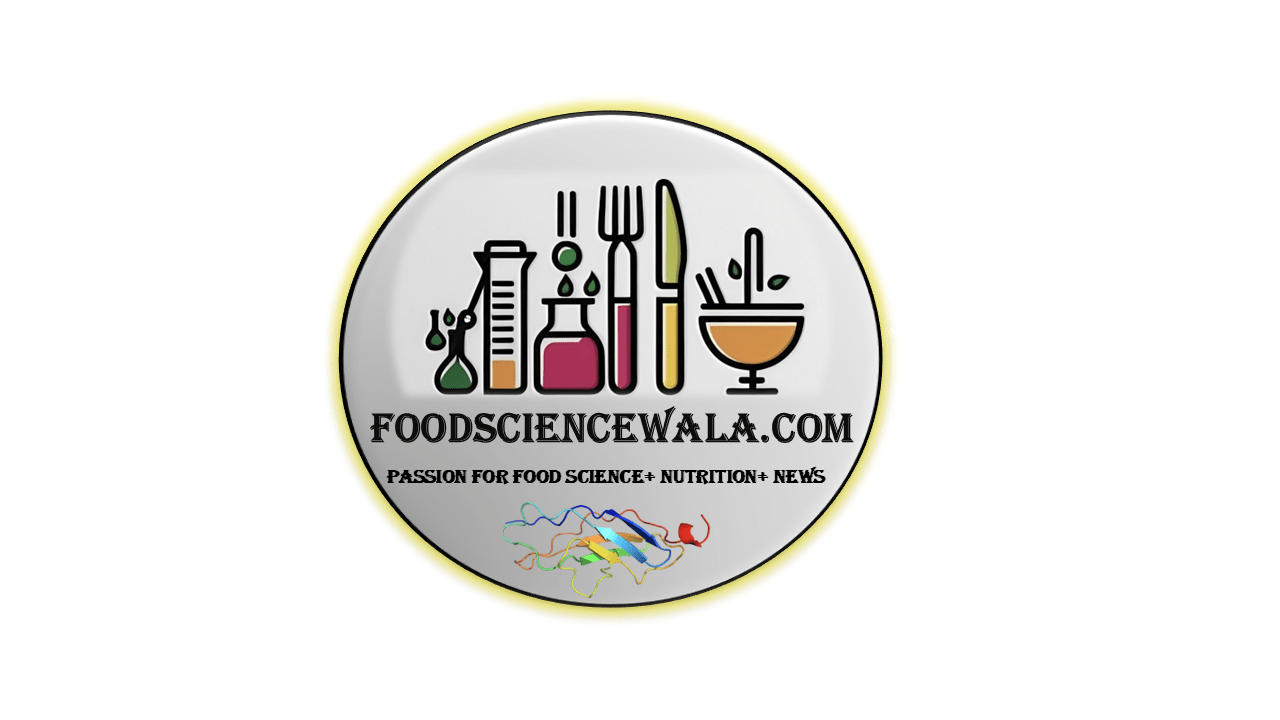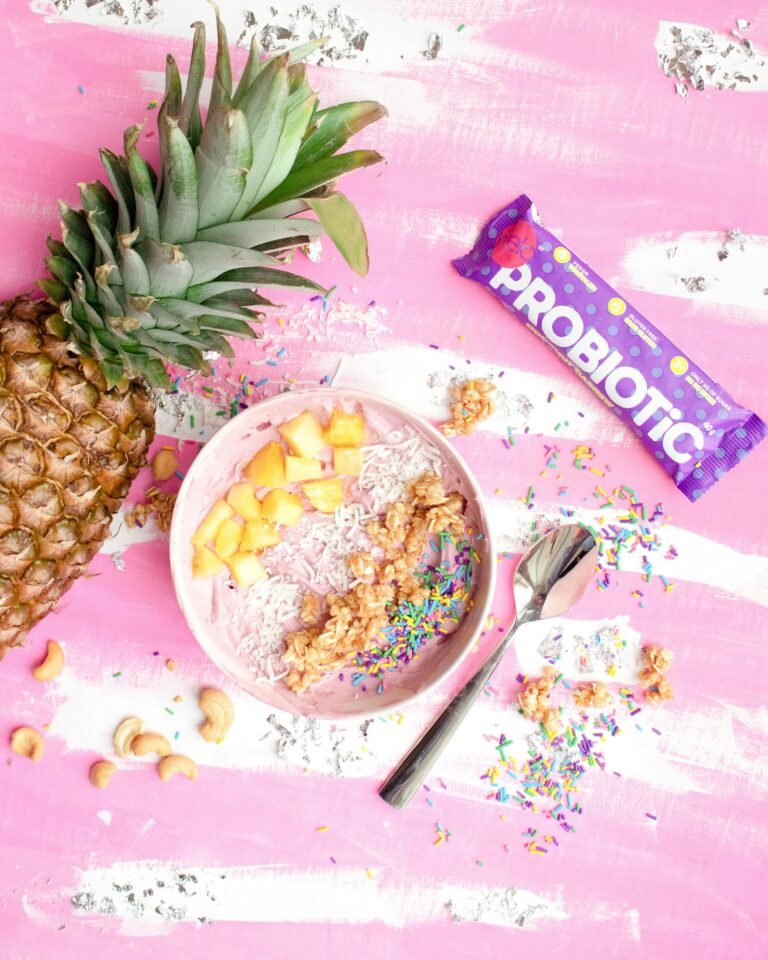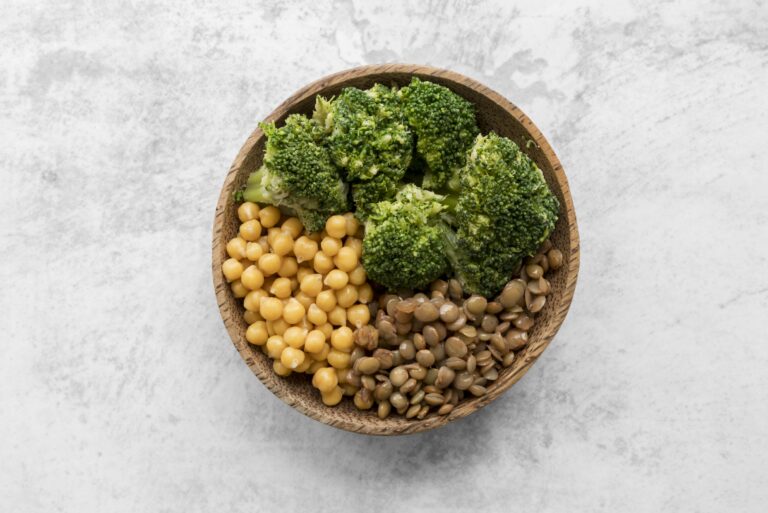Introduction:
Our diet plays a key role in shaping the gut microbiome—the community of bacteria and other microbes living in our digestive system. Different types of diets can affect the balance, function, and variety of these microbes, influencing our overall gut health.
By understanding how food choices impact the gut microbiome, we can make smarter dietary decisions that support digestion, boost metabolism, and reduce the risk of diet-related diseases. A well-balanced diet helps maintain a healthy gut, which is essential for overall well-being.
What is gut microbiome?
The gut microbiome refers to the vast community of bacteria and other tiny organisms living inside our digestive system. These microbes play a crucial role in maintaining our health by helping with digestion, producing essential nutrients, and supporting our immune system.
In fact, the number of bacterial cells in our gut is about ten times more than the total number of human cells in our body. Additionally, the genes present in these microbes are over a hundred times more than the genes in human cells.
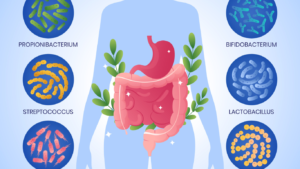
image source: freepik.com
This means that the gut microbiome has a huge influence on how our body functions. These beneficial microbes break down food, absorb nutrients, and even help protect against harmful bacteria.
A well-balanced gut microbiome is essential for good digestion, a strong immune system, and overall well-being.
The Gut Microbiome and Its Importance for Health
The gut microbiome plays a crucial role in maintaining overall health by supporting various functions in the body. The friendly bacteria living in our digestive system help in the proper development and functioning of important organs like the intestines, brain, and liver.
They contribute to digestion, strengthen the immune system, and protect the gut lining to prevent harmful bacteria from taking over.
One of the key roles of gut bacteria is breaking down food that our body cannot digest on its own. They produce essential nutrients, such as vitamins and short-chain fatty acids (SCFAs), which help keep our digestive system and metabolism in balance.
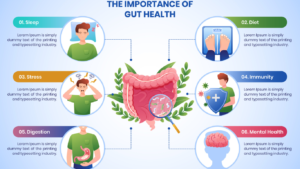
image source: freepik.com
The gut microbiome is also closely linked to the gut-brain and gut-liver connections, meaning it can influence brain function, mood, and liver health.
Recent studies have shown that the gut microbiome is connected to heart health as well. An imbalance in gut bacteria can contribute to conditions like atherosclerosis (hardening of the arteries), which increases the risk of heart disease.
Diet plays a major role in shaping the gut microbiome, and the types of food we eat can either support a healthy balance of bacteria or lead to harmful changes that contribute to disease.
Maintaining a healthy gut microbiome is essential for digestion, immunity, brain function, and heart health.
A balanced diet rich in fiber, probiotics, and natural foods can support a diverse and beneficial microbiome, reducing the risk of many diseases and promoting overall well-being.
Best Food Groups for a Healthy Gut
Dietary Fiber-Rich Foods: Its Benefits for Gut Health
Eating a diet rich in fiber is one of the best ways to support gut health and overall well-being. Dietary fiber comes from plant-based foods and is a type of carbohydrate that our bodies cannot fully digest. Instead, it serves as food for the good bacteria in our gut, helping them thrive and perform important functions.
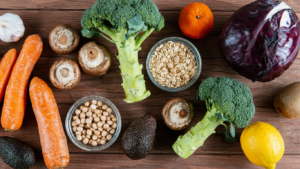
image source: freepik.com
A diet high in fiber has been linked to numerous health benefits, including lower risk of chronic diseases. It can help maintain a healthy weight, regulate blood sugar levels, lower cholesterol, and support heart health by reducing blood pressure.
Additionally, fiber-rich diets have been associated with a longer life and a lower risk of diseases such as diabetes.
Including fiber from a variety of sources, such as fruits, vegetables, whole grains, nuts, and seeds, can promote a balanced and healthy gut microbiome, leading to better overall health.
Fermented Foods:
Items like yogurt, kefir, sauerkraut, kimchi, and other fermented products contain live microorganisms that can enhance gut microbial diversity. Research from Stanford Medicine indicates that a 10-week diet high in fermented foods increases microbiome diversity and decreases inflammatory markers.
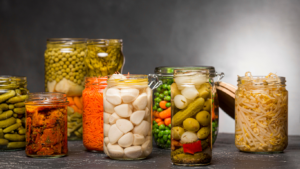
image source: freepik.com
Polyphenol-Rich Foods and Gut Health
Foods like berries, nuts, seeds, olive oil, and dark chocolate are packed with natural compounds called polyphenols, which act as powerful antioxidants. These compounds help protect the body from damage caused by harmful molecules and also play a key role in maintaining a healthy gut.
Polyphenols support the growth of good bacteria in the gut while reducing harmful bacteria, creating a balanced and diverse gut microbiome.
This balance is important for digestion, immune function, and overall health. A review published in Frontiers in Nutrition explains how certain foods rich in polyphenols can positively influence gut bacteria, leading to better gut health and improved well-being.
Legumes and Gut Health
Legumes like beans, lentils, and chickpeas are packed with plant-based protein and fiber, making them a great addition to a healthy diet. These foods help nourish the good bacteria in the gut, supporting a balanced and diverse microbiome.
Including legumes in your meals can improve digestion, support heart health, and help maintain stable blood sugar levels. An article in EatingWell highlights that regularly eating legumes not only benefits gut health but also plays a role in overall well-being by reducing the risk of certain diseases.
Whole Grains and Gut Health
Whole grains like oats, barley, quinoa, and brown rice are rich in fiber and essential nutrients that support a healthy gut. These grains help nourish beneficial gut bacteria, promoting better digestion and overall well-being.
Sample Menu Plan
7-Day Gut Health Meal Plan
| Day | Breakfast | Lunch | Snack | Dinner |
| Day 1 | Overnight oats with chia seeds, blueberries, and walnuts | Lentil soup with whole grain toast and mixed greens | Greek yogurt with flaxseeds and pomegranate | Grilled salmon with quinoa and steamed broccoli |
| Day 2 | Smoothie with kefir, spinach, banana, and flaxseeds | Chickpea and vegetable stir-fry with brown rice | Handful of almonds and dark chocolate | Grilled tofu with roasted sweet potatoes and sautéed kale |
| Day 3 | Whole wheat avocado toast with kimchi and poached egg | Black bean and quinoa salad with olive oil dressing | Yogurt with walnuts and raspberries | Baked cod with barley risotto and steamed asparagus |
| Day 4 | Chia pudding with almonds, dark chocolate, and strawberries | Mixed bean soup with whole wheat crackers | Handful of sunflower seeds and green tea | Stir-fried tempeh with brown rice and bok choy |
| Day 5 | Whole grain pancakes with yogurt, flaxseeds, and honey | Mediterranean-style quinoa bowl with chickpeas, olives, and olive oil | Sauerkraut with whole grain crackers | Grilled chicken with farro and roasted carrots |
| Day 6 | Smoothie with kefir, mixed berries, and chia seeds | Lentil and spinach curry with brown rice | Handful of hazelnuts and dark chocolate | Roasted salmon with sweet potatoes and steamed Brussels sprouts |
| Day 7 | Overnight oats with walnuts, cinnamon, and apple slices | Black bean and corn salad with whole wheat tortilla | Yogurt with sunflower seeds and honey | Grilled tempeh with quinoa and sautéed spinach |
References:
- https://www.nature.com/articles/s41579-024-01068-4
- https://pubmed.ncbi.nlm.nih.gov/26770121/
- https://www.sciencedirect.com/science/article/abs/pii/S0955286322000626#preview-section-references
- https://www.thelancet.com/journals/lancet/article/PIIS0140-6736(18)31809-9/fulltext
- https://med.stanford.edu/news/all-news/2021/07/fermented-food-diet-increases-microbiome-diversity-lowers-inflammation.html
- https://www.eatingwell.com/protein-you-should-be-eating-more-of-on-the-mediterranean-diet-8789966?utm
- https://www.annualreviews.org/content/journals/10.1146/annurev-physiol-031522-092054
